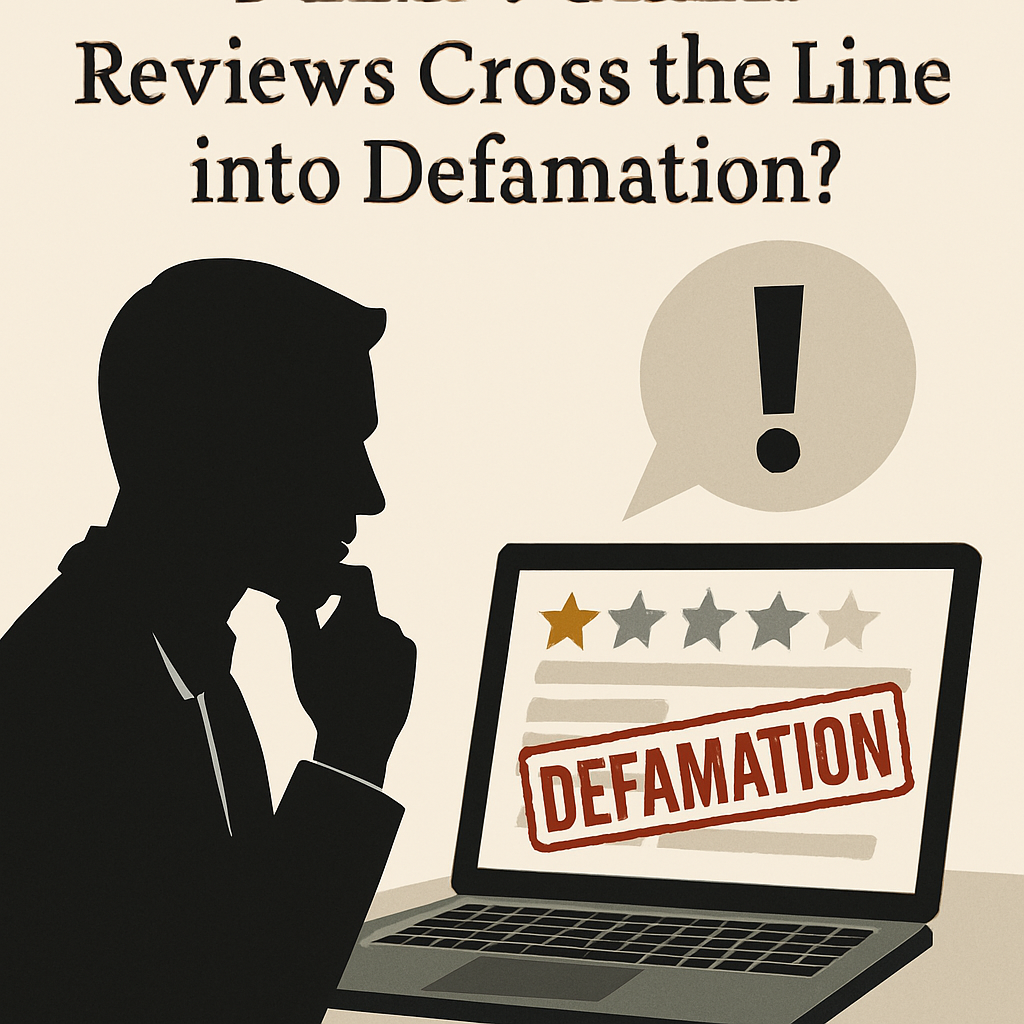Small business owners who form a corporation often create shareholders’ agreements to govern their relationships, protect minority investors, and establish protocols for share transfers. These agreements are particularly common in family businesses or closely-held corporations with just a few shareholders. But what happens when these agreements don’t specify how long they remain in effect? In Texas, a little-known statutory provision can cause shareholders’ agreements to automatically expire after a decade. This “10-year rule” can create significant complications when shareholders attempt to enforce what they believe are still-valid agreements. This typically only applies to agreements entered into prior to September of…
Articles
Commercial Lease Terms for Recovering Attorney’s Fees
Commercial landlords and tenants routinely negotiate detailed lease agreements with provisions designed to protect their interests in case of disputes. These agreements are intended to help avoid litigation. But when litigation arises and business owners have to hire attorneys, they usually want to know who pays the attorney’s fees? While Texas generally follows the “American Rule” where each party bears their own legal costs, commercial leases frequently include fee-shifting provisions that award attorney’s fees to the “prevailing party” in litigation. But what happens when a party “prevails” in a lawsuit but doesn’t recover any monetary damages? Are they a prevailing…
When Do Online Business Reviews Cross the Line into Defamation?
Business owners today operate in a world where online reviews can significantly impact their reputation and bottom line. A single negative review can reach thousands of potential customers within hours. But when does a negative review cross the line from protected consumer speech into actionable defamation? What specific statements in a review might expose customers to legal liability? These questions matter for businesses that rely on their professional reputation and technical expertise. A recent Texas case, Wang v. Guo, No. 03-23-00244-CV (Tex. App.—Austin Mar. 28, 2025), gives us a chance to examine the distinction between protected opinion and potentially defamatory…
When Can Courts Declare Someone a Vexatious Litigant? Texas Law Sets the Bar
Have you ever dealt with someone who seems to file lawsuits as a hobby? Perhaps you’ve heard stories about individuals who repeatedly sue businesses despite consistently losing their cases. For businesses facing such situations, defending against multiple meritless lawsuits can be financially draining and time-consuming. Fortunately, Texas law provides a mechanism to address this problem through Chapter 11 of the Texas Civil Practice and Remedies Code, which allows courts to declare certain individuals as “vexatious litigants.” But what exactly makes someone a vexatious litigant? How high is the bar to receive this designation, and what protections does it provide to…
Choosing Between a Corporation and an LLC for Your Business
Starting a business is a big step, and choosing the right business structure is a critical component of that process. Deciding between a corporation and a limited liability company (LLC) can be a difficult task, as both have their own unique advantages and disadvantages. In this article, we’ll explore the key differences between corporations and LLCs and help you determine which one is right for your business. Advantages and Disadvantages of a Corporation A corporation is a separate legal entity from its owners, which provides liability protection for shareholders. This means that shareholders are only liable for the amount they…
Sole Proprietorship vs LLC: Which is Right for Your Business?
Starting a business is a big decision, and choosing the right business entity is a critical step in that process. Two of the most common business structures are sole proprietorships and limited liability companies (LLCs). There are a number of pros and cons associated with each type. This article will help you understand the differences between the two and determine which one is the best choice for your business. What is a Sole Proprietorship? A sole proprietorship is a business structure where a single individual owns and operates the business. This type of business structure is simple to set up…
The Interplay of Buy-Sell & Non-Compete Terms
The intent of drafting business agreements is often to avoid disputes. One cannot always anticipate every type of dispute that can arise. This is where experience comes in, as some disputes are recurring and can be avoided. A buy-sell agreement that is not coordinated with the terms of a non-compete agreement is an example. This type of dispute often leads to disputes between partners. The recent Bihner v. Bihner Chen Eng’g, No. 01-21-00086-CV (Tex. App.–Houston [11th Dist.] 2021) case provides an opportunity to consider this issue. Facts & Procedural History This case involves a Texas limited partnership formed by a…
When to Issue Preferred Shares
Preferred shares are a type of equity security that represents ownership in a company. Businesses can use preferred shares to raise capital by issuing them to investors in exchange for money. The investors become shareholders in the company and are entitled to fixed dividend payments and potential appreciation in the value of their shares. By issuing preferred shares, businesses can raise capital quickly without incurring debt or giving up control to outside investors. Preferred shares can be a useful tool for businesses to raise capital, but they also come with some limitations and risks. For example, fixed dividend payments may…
Why You Should Always Hire a Texas Registered Agent
Business is hard. There are a lot of tasks and details that one has to attend to for the business to thrive and be successful. The business owner cannot do everything. Some tasks and details will be missed. Business owners often have to triage their tasks, doing only what is necessary to get through the day. This is why outsourcing certain tasks not only makes sense. In fact, failing to outsource can jeopardize the business. Outsourcing your resident agent for your legal entity is a task that should always be outsourced. The cost to hire a registered agent is nominal…
Texas LLC Members Personal Liability (Explained)
If you are a member of a Texas limited liability company (LLC), it is important to understand that LLCs provide a level of liability protection to their members. This means that, in most cases, a member of an LLC cannot be held personally liable for the debts and obligations of the LLC. This principle was demonstrated in the case of Ingalls v. Standard Gypsum, Ingalls v. 70 S.W.3d 252 (Tex. App. 2001). Facts & Procedural History In this case, Ingalls, a construction company, sued Standard Gypsum, a manufacturer of gypsum wallboard, for injuries sustained by an Ingalls employee on a…











